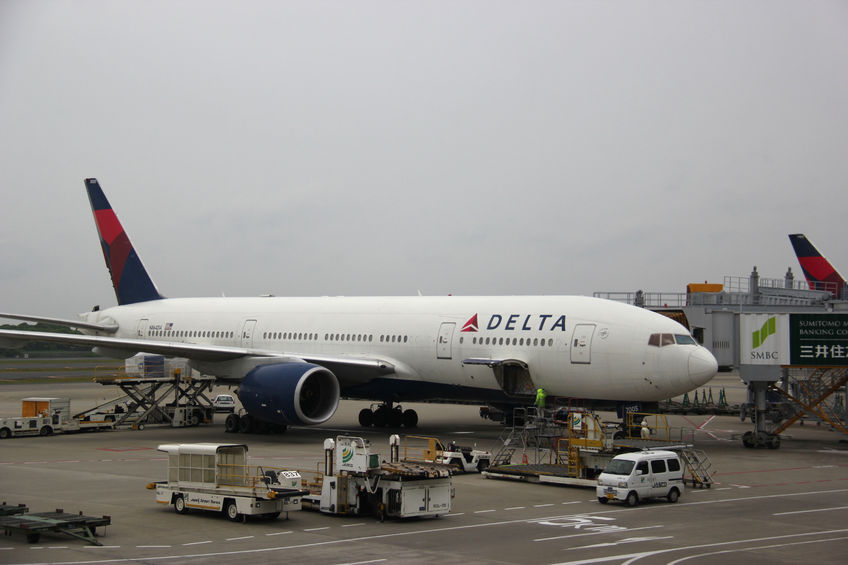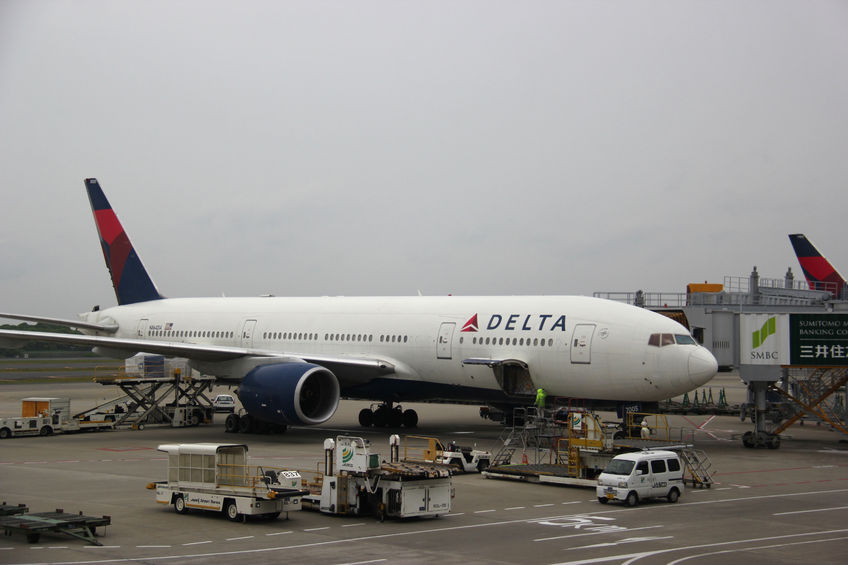
Making changes without notice to a loyalty program is the worst thing any program can do.
- It’s unethical, because it breaks a promise made to members
- It’s bad business, because it undermines confidence in the program (and that confidence is necessary for the program to successfully drive consumer behavior)
- And in some cases it’s even illegal.
The Last Month Was Terrible for Loyalty Program Changes Without Notice
Last month American introduced variable award pricing on two routes not just without notice but without acknowledgment even, they still haven’t explained the way in which their ‘AAnytime’ awards have changed.
Until now they’ve said explicitly that there would be one price on a given day for spending extra miles for last seat availability, but for New York JFK – San Francisco and New York JFK – Los Angeles the AAnytime price may vary on the same day.
This past week I wrote about Hyatt making significant changes to the price of timeshare properties and not telling anyone. That’s only 16 places you can use your points, and apparently they ‘forgot’ to update members when they announced changes for the other hotels a month before those changes went into effect.

The Residences at Park Hyatt Beaver Creek.This past week Delta also raised the price of Europe business class awards without notice. Effective immediately all awards for travel next year priced at 140,000 miles roundtrip rather than 125,000 miles. Members who were saving their miles and close to an award ticket were simply out of luck.
At the beginning of the year Delta made changes to the price of several international awards for travel October 1 onward. You’d think one devaluation in the first quarter of 2016 would be enough for the SkyMiles program, but that would be wrong because they made no notice changes to Tel Aviv awards in March.

Delta is king of changes without notice, they used to actually claim it was illegal for them to respect their members: that this was signaling future price changes and an anti-trust violation.
Never mind that Delta, and nearly every other airline, has announced award price changes in advance. None has ever complained about their competitors doing so to the Department of Justice, received an inquiry from DOJ over the practice, or self-reported a violation to the SEC. The Delta claim was met by hearty laughs among both DOJ and DOT attorneys I’ve spoken with.
But Aren’t Award Prices Just Prices? And Don’t Prices Change All the Time?
In response to Hyatt’s change Rick suggested this was all normal, because “businesses constantly change prices whenever costs or demand changes. Not sure why you think points program must be any different.”
Loyalty Programs Aren’t Cash, They Are a Promise of Future Value in Exchange for Your Business Today
In a standard business transaction you use cash to buy whatever you want, from whomever you wish. But a loyalty program is a promise of future value for purchasing behavior today. Changes without notice renege on that deal.
Think of Lucy, Charlie Brown, and the football. You’re told that if you save your miles, there’s a reward at the end of the rainbow. As you get close, the reward is yanked away from you. It’s bait and switch.
You’re offered miles in some amount for your travel purchases today. And you’re offered miles to incentivize you to use a co-brand credit card today. And you’re offered miles for taking surveys today, or renting cars today. And those miles are incentives because of what the program tells you that you can do with them. This is the promise programs make.
And miles aren’t cash. You can spend cash for anything you want. You can only spend a loyalty program’s points on whatever the program says you can. And cash does have a declared value there are even transparent foreign exchange markets. Delta won’t tell you how much their miles are worth, even with the price of a ticket as a reference point. Are they worth a penny a point? Say what you want about the Federal Reserve, but the value of the dollar doesn’t fall in half overnight.
With cash you can purchase from any vendor you wish. With American AAdvantage miles, if you don’t like American’s prices, you can’t take your currency over to Spirit or Lufthansa.
The Department of Transportation considers changes to award pricing without giving notice “far enough in advance to allow the consumer to benefit from the program prior to the change” to be unfair and deceptive.
Airlines don’t say, “here are our points and they don’t actually have any particular promised value.” They tell you that if you do something for them now, they’ll offer you value later. The only airline that’s ever said they owe you nothing is Delta, through their lawyer, in oral argument in front of the Supreme Court. And Justice Elena Kagan called out the absurdity of the claim.
JUSTICE KAGAN: I just don’t see why that would make sense. Because if I knew that it was really up to you to give me the free ticket, maybe I was willing to get it and maybe I wasn’t. I don’t think that I’d be spending all this time in the air on your planes. You know, I’d find another company that actually gave me the free ticket.
Fundamentally loyalty programs are a trust-based value proposition. Very expensive consultants are telling loyalty programs they need to offer low value easy to obtain rewards because that’s what millennials want. This gets it exactly backwards.
Millennials are less likely to trust brands, especially those that behave like travel loyalty programs which actively break the bonds of trust. So programs have to prove they actually provide rewards.
That’s nothing new, members speed up their points accumulation after redeeming an award because they’ve proven to themselves that their earning behavior made sense. The programs that would win with Millennials and all of their customers over time are the ones that make good on their promises.
